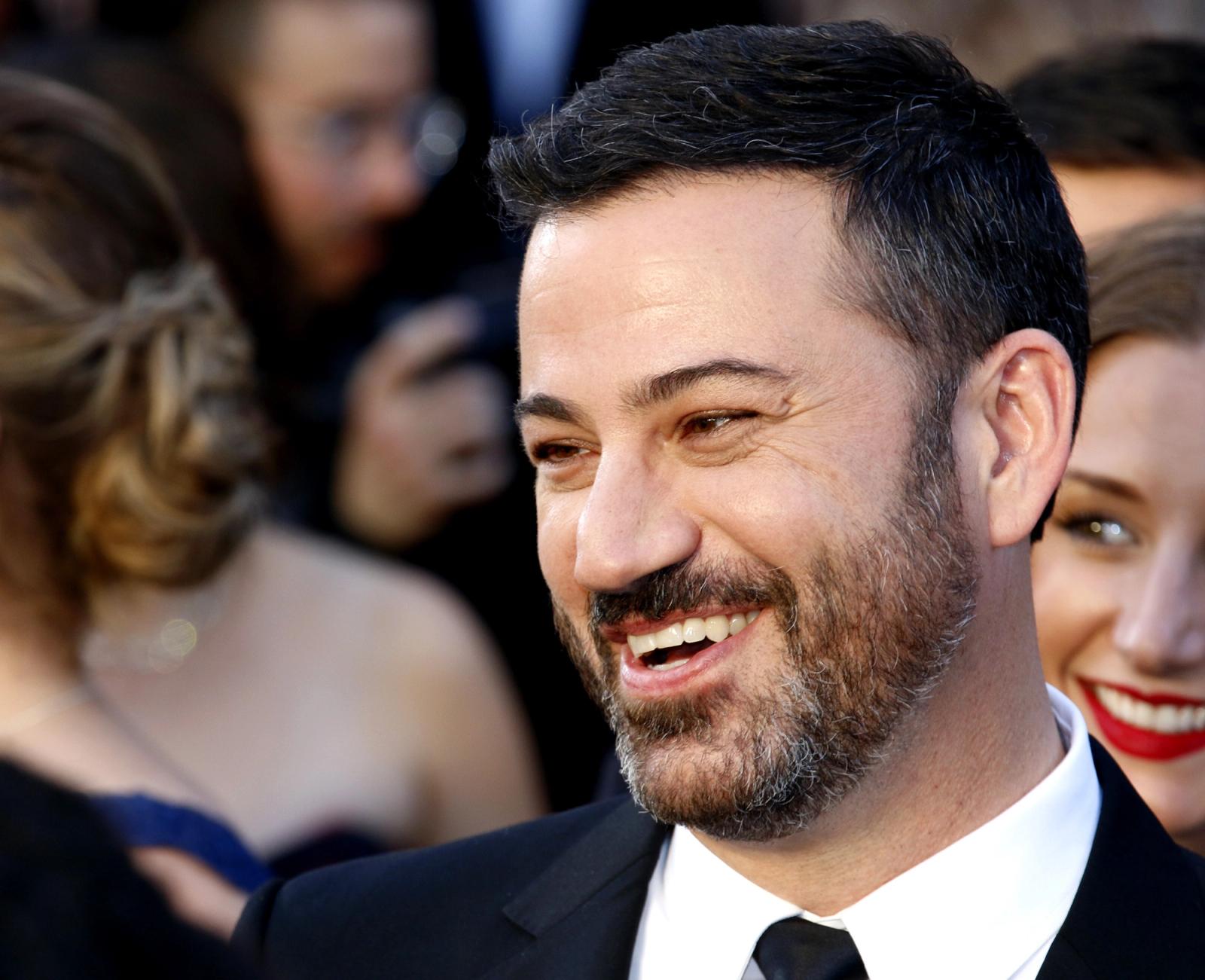The Topline
- Disney-owned ABC suspended Jimmy Kimmel Live! before reinstating him a week later.
- ABC's initial decision came after FCC Chairman Brendan Carr told a conservative podcast that local networks could face fines or have their licenses revoked if they continue airing Kimmel’s show
- Following Carr’s comments, Nexstar – the largest owner of TV stations in the US – pulled Kimmel’s show from its ABC affiliate stations, leading to ABC’s ultimate decision
Switch sides,
back and forth
The almighty dollar rules this land
It’s no secret that President Trump is not a fan of late-night TV – he’s complained for years about being the butt of many of their jokes. And Trump has had a personal hate-on for Kimmel for years, and even predicted that his show would be next after CBS canceled Stephen Colbert’s show back in July.
So when the leader of the free world is not on your side and publicly denigrates you, there are likely to be consequences. Namely, that Trump-aligned companies pull their advertising dollars. Putting Kimmel on hiatus was a way to soothe companies who might've been hesitant to advertise during a show the president dislikes.
As the largest owner of TV stations in America, Nexstar had to make a prudent business decision to stop airing Kimmel for fear of losing their FCC licenses.
Is this fair? Not at all. It could spell disaster for democracy in the U.S., frankly, but when something or someone threatens your bottom line, business leaders have to do what they think is in the best interests of their company.
Not to mention, late night tv shows have been on the backslide for years. In July, CBS announced it would cancel the Late Show with Stephen Colbert at the end of its upcoming 2025-26 season. The network called the move a “purely financial decision against a challenging backdrop in late night.”
The Late Show cost roughly $100 million per season and was reportedly taking a loss of $40 million annually on the show. From a business standpoint, that’s very bad. The stats on Jimmy Kimmel Live! aren’t public, but since it trailed The Late show in ratings, it would be no surprise if it was losing money as well.
In this situation, ABC (and therefore Disney) were in a tough spot. Not only did they need to keep their advertisers happy, but they also needed to keep their affiliates, such as Nexstar, happy. It’s Nexstar’s local stations that opt-in to carry Jimmy Kimmel Live!, so if they decide to drop the program, then ABC would take an even bigger loss – and also face potentially dire consequences from the authoritarian-in-chief.
Then again, Disney lost up to $5 billion in market value in the week following Kimmel's removal and before the show was reinstated. So, yeah, money talks.
So what?
Late night TV doesn’t drive the watercooler conversation in the same way it did two decades ago, making it a risky financial endeavour. For the math to make sense, a show needs to be broadly appealing and attractive for viewers and advertisers alike.
This is one helluva slippery slope
The First Amendment exists so that people can speak their minds without fear of retribution. When the government steps in – in this case, Brendan Carr, the head of the FCC – and threatens people or companies to achieve desirable outcomes for themselves, that is censorship.
In the marketplace of ideas, people should be exposed to ideas they agree with and don’t agree with. Being able to hear criticism of your beliefs and assumptions helps you refine, and even strengthen, your arguments. It’s written into the U.S.’s founding documents. Putting Jimmy Kimmel on hiatus didn’t achieve this and certainly didn’t make anyone smarter or better.
If the government can determine what speech is considered “offensive” or “hateful”, it sets a precedent that even conservative writer Bari Weiss cautioned against . Importantly, she highlighted the difference between a decision taken by the company and a decision taken under duress from government pressure. It is the latter that could have dire consequences for not just free speech, but for democracy.
Free speech, freedom of the press, these are rights that are central to global democracies. To be able to live without fear of retribution for dissenting or questioning authority is essential to the democratic experiment. If “protected speech” ends up being only what the government deems to be safe or uncontroversial, that is not a democracy.
And yet, as Carr stated “ we’re not done yet ” on taking action against media companies, where are all our free speech conservative hawks? Senator Cynthia Lummis (R-Wyo.) is attempting to redraw the lines of what free speech actually is, saying, “Under normal times, in normal circumstances, I tend to think the First Amendment should always be sort of the ultimate right…I don’t feel that way anymore.”
So what?
The government should not be in the business of deciding what speech is appropriate or inappropriate – hate speech laws exist and those decisions are taken by law enforcement and the legal system. Curtailing any free speech could lead to some very dire consequences in the U.S.

